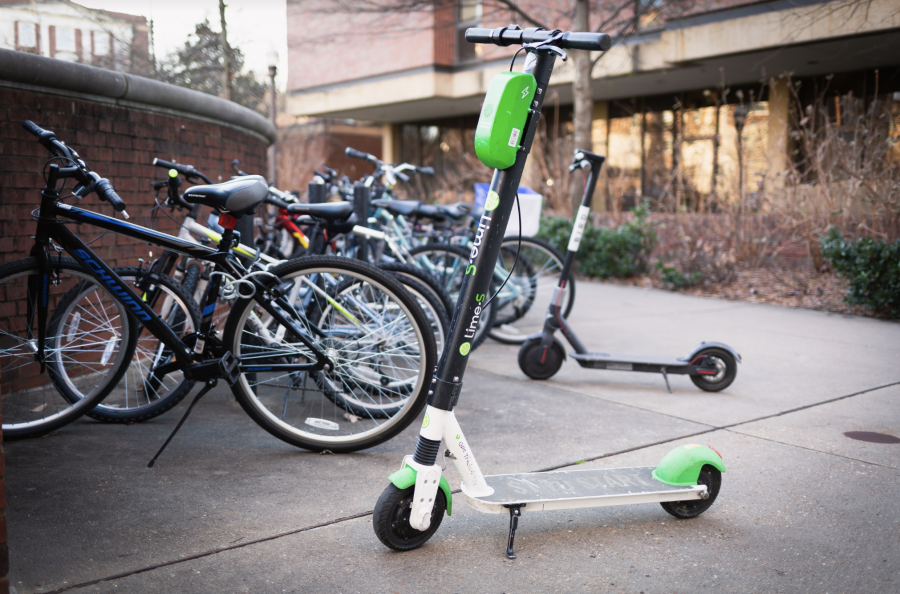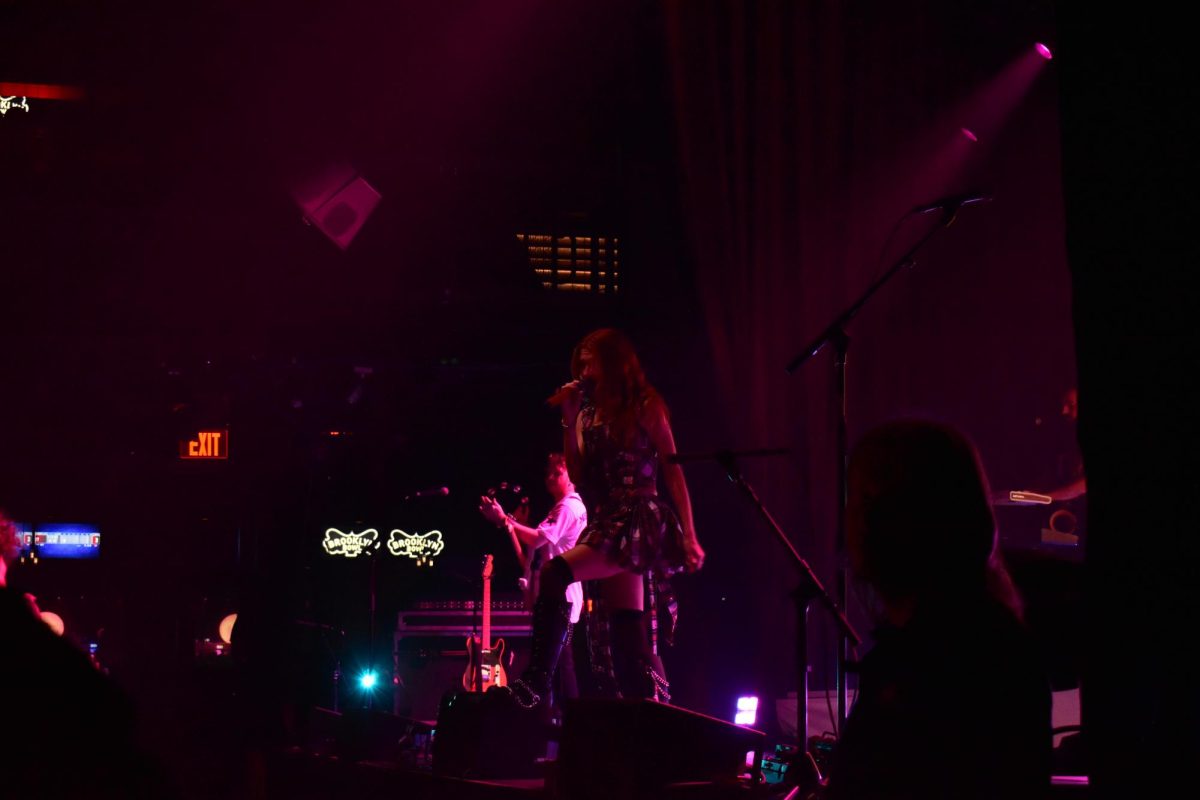There is little that so starkly manifests the predatory, greed-oriented predilections of our society than the acceptance of branded electric scooters such as Limes and Birds. For Vanderbilt students, it’s impossible to walk through the streets, on campus and on Nashville streets, without having to either move a Lime or walk around one that’s parked smack in the middle of the sidewalk. As a runner, I cannot count the number of times that I have turned a corner to be accosted by the menacing body of an electric scooter. Of course, it may seem silly to call for a rejection of an entire industry because of some pedestrian nuisances. However, we must understand this in the context of local and state governments actually marginalizing another, less economically beneficial group for merely existing in public spaces: namely, the homeless.
This high level of scrutiny towards the homeless does not match up with the leeway that electric scooters are given in public spaces.
A particularly blunt manifestation of how little local and state governments care about their most vulnerable constituents is that a Lime often has more of a right to exist in a public setting than a homeless person. Tennessee and Nashville, along with many other localities, have enacted legislation that outlaws “aggressive panhandling.” Advocates for the homeless have derided initiatives of this type as criminalizing homelessness. Additionally, a new prosecutorial system necessitates that Assistant District Attorney Tammany Meade handle all cases arising from downtown Nashville. According to homeless and mental health advocates, this jurisdictional change disproportionately criminalizes and punishes the public behavior of homeless people existing in spaces near powerful businesses. These laws reflect our city’s attitude: the homeless are a blight on Nashville’s economy; therefore, they must be hidden from view.
This high level of scrutiny towards the homeless does not match up with the leeway that electric scooters are given in public spaces. For example, despite Lime’s claims to strictly enforce parking restrictions, the worst penalties that one can incur are minor fees or an account suspension. Considering how many Limes pile up on sidewalks and gutters, it’s clear that the penalties are not much of a deterrent. Limes generate revenue; therefore, their presence in public spaces is allowed.
In the United States, the homeless face chronic problems, from lack of affordable housing to inadequate mental and physical health care. These and other factors have forced them onto the streets, to sleep in public spaces and to bear the elements with little more than the clothes on their backs. Unfortunately, the rights of these people have historically been infringed upon. This has become especially clear in the recent past, as urban communities, including Nashville, have become increasingly gentrified. As rising prices push people out of their living spaces, their existence on the streets has become criminalized. Across the country, local laws that prohibit standing in public have increased in prevalence by 88 percent since 2006. In this same time frame, laws prohibiting sitting or lying down in public have increased in prevalence by 52 percent.
This has become a major problem in Nashville. As one of the fastest growing cities in America, it also has one one of the fastest growing homeless populations. In order to support this burgeoning economy, our city needs to attract residents and tourists. One way the Nashville government can do this is by decreasing homelessness – or to be more apt, decreasing the visibility of the homeless. Case in point: in 2016, in an effort to appease property owners, the Nashville Downtown Partnership bought homeless people one-way bus tickets out of the city. As the city aims to attract tourists with entertaining, easy transportation in the form of Limes, it actively places the whims of private businesses over the needs of our citizens.
The electric scooter industry caters to the wealthy. Those with disposable incomes can enjoy riding on Limes, which cost at least one dollar per ride. However, this is prohibitively expensive for many people. As such, our city becomes more navigable specifically for the well-off. This is a huge problem in Los Angeles, where some residents are so angry about the gentrification associated with expensive electric scooters that they have been throwing them into the sea.
Yes, the outright rejection of Limes won’t solve the issues of the homeless. However, it would symbolize a change in the outlook on public spaces by one of Lime’s target demographics: college students. Much of the revenue that Lime’s receive in Nashville comes from Vanderbilt – why don’t we try to make a dent in their profits? It would show that there is no reason to disallow the public from using public spaces.
Vanderbilt needs to start the movement and reject Limes.
A more direct fix would be to make it illegal to park electric scooters in public spaces, the same spaces that the homeless are so often arrested or fined for utilizing. That would at least show that homeless people should have the same access to public spaces as Limes do. It would force people to recognize, and hopefully even act, to ameliorate the plight of homeless people. This, unfortunately, is very unlikely to happen because it does not grant the city of Nashville and the state of Tennessee the only thing that seems to matter: money.
Vanderbilt needs to start the movement and reject Limes. That is, unless the homeless attain as many rights as the money-making machines that flood the sidewalks of Nashville.
Zeke Berger is a sophomore in the College of Arts and Science. He can be reached at stephen.e.berger@vanderbilt.edu.






